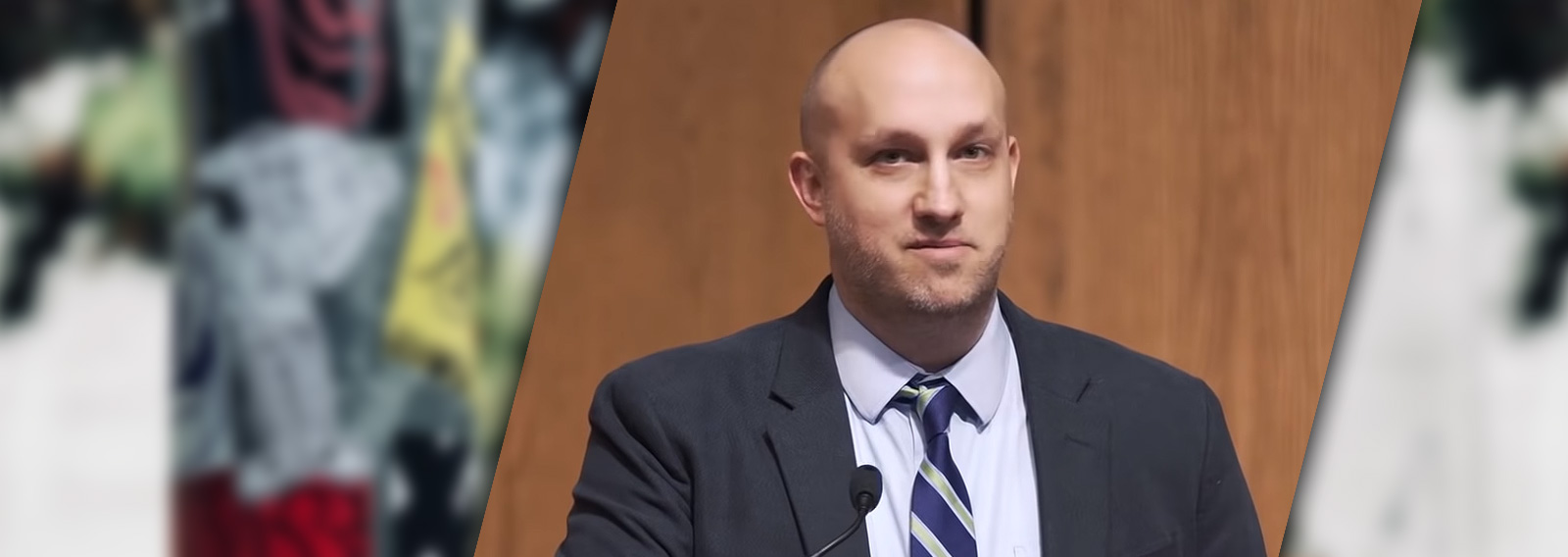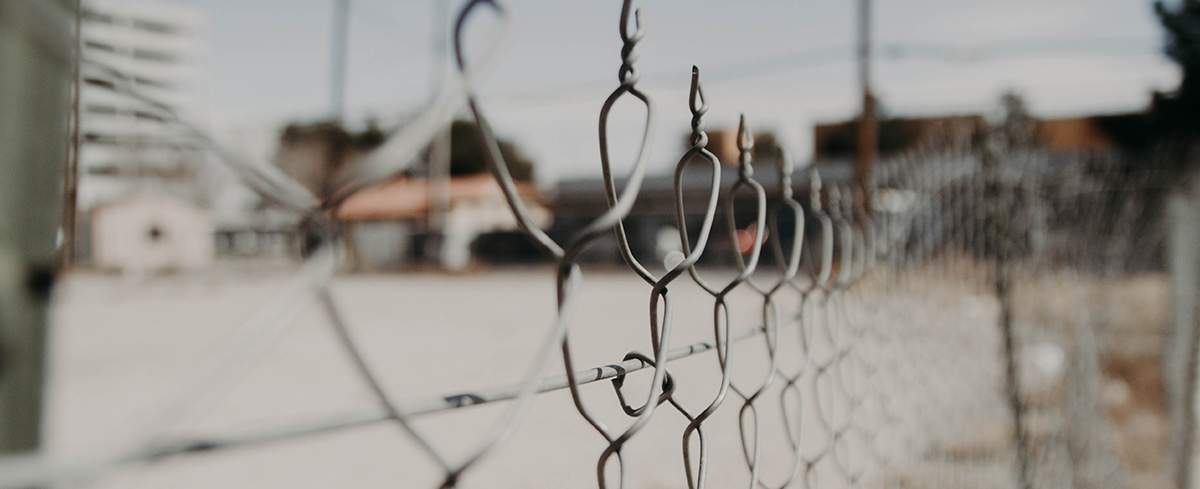Two brothers aged 18 and 14 from the city of Moscow, Idaho have been arrested and charged after sticking stickers on city poles that criticised the city’s draconian mask mandate laws.
The stickers, created and sold locally by the boys’ father, author Nate Wilson, read “Soviet Moscow—Enforced Because We Care”. Displaying a hammer and sickle, the stickers have been seen all around the city, mostly on car bumpers.
Moscow’s city council has been under intense pressure from residents since mid last year for expanding and repeatedly extending their emergency powers in response to the coronavirus pandemic.
On the night of their arrest, the two teenagers were sent home without citations. Days later, however, Latah County charged them with thirteen counts of “posting signs or fliers on poles without permission”—the first prosecution ever in the history of that ordinance. Each count carries a maximum of six months in prison.
The boys’ father is also facing prosecution relating to the incident. He maintains that the charges are politically motivated and have nothing to do with the intent of the untested “signs and fliers” ordinance.
Wilson reports that his older son Rory had previously been stopped by police officers and threatened with jail time for standing too close to his cousin. He had also attended a ‘Psalm Sing’ worship protest at which three people were arrested.
Wilson insists that his son isn’t a rebellious teenager. He was the valedictorian of his 2020 graduating class and was formerly a member of Moscow’s Mayoral Youth Council. Rory has even expressed “his fondness for the mayor personally”, his father explains, even though he disagrees with the mayor’s use of emergency powers.
The ongoing resistance in Moscow, of which the widespread sticker campaign formed part, has not so much centred on the mask mandate itself but the city’s slippery legal justification for it.
In comparison to other parts of the U.S., the small city of Moscow, set in rural Idaho, is at a low risk of virus transmission. Citizens have countenanced their disapproval with the city council’s lack of definition for an “emergency”, and no clarity on when the powers would end.
Many locals were upset when city money was used to run an ad in the local paper encouraging residents to “snitch” on their neighbours, and threatening offenders with fines and jail time. More fury was directed at the council when it withheld the forms needed for citizens to collect signatures to seek an end to the emergency order.
“It became obvious that there was literally not a single thing we could have done or said to change their minds,” Rory Wilson said of a council meeting he had attended in relation to the emergency powers. “They were settled on extending the order already and nothing was going to change that.”
Nate Wilson and his sons await trial for their “crimes”. In the meantime, the older Wilson explains, “It is important to stand up against men who begin to abuse power, even when that abuse is small, and especially when those men are carrying badges and guns. If government overreach and illegal arrests do not merit peaceful protest, I don’t know what does.”


















